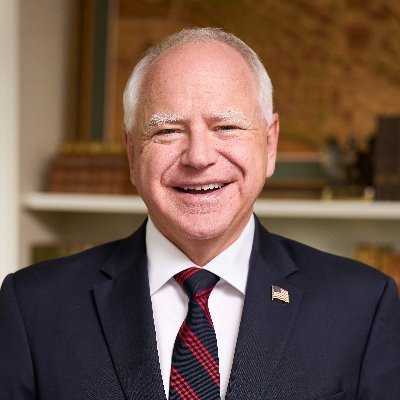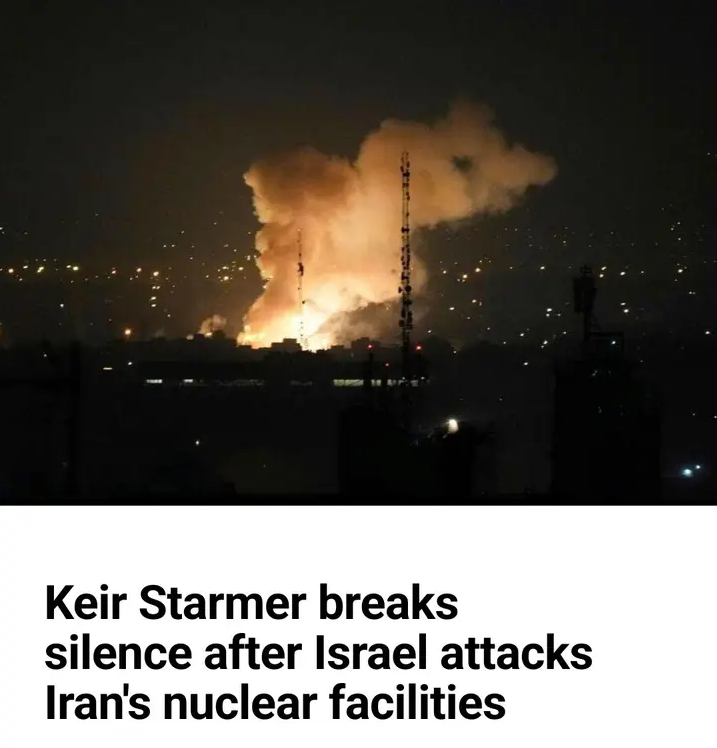British Labour leader Sir Keir Starmer has urgently appealed for de-escalation between Israel and Iran following a large-scale Israeli military operation targeting Tehran. Israeli fighter jets struck nuclear facilities in the Iranian capital and assassinated General Mohammed Bagheri, head of the nation’s armed forces, alongside senior nuclear scientists and Revolutionary Guard commander Hossein Salami. The precision assault, involving over 200 aircraft, represents one of the most significant breaches of Iranian sovereignty since the Iran-Iraq War, igniting immediate retaliation and fears of a broader regional conflict.
Iran swiftly responded by launching more than 100 explosive drones toward Israeli positions, with its military leadership vowing a “harsh and decisive” counteroffensive. Supreme Leader Ayatollah Ali Khamenei condemned the strikes as “evil and bloody,” accusing Israel of exposing its “wicked nature” by hitting residential zones and promising a painful reckoning. Despite the swift replacement of slain commanders being announced, tensions remain at a boiling point as Israeli forces continue to engage targets linked to Iran’s nuclear program well into the morning hours.
Sir Keir Starmer broke his silence to emphasize that further escalation “serves no one in the region,” calling for immediate restraint and a return to diplomatic channels. He stressed that Middle Eastern stability must take precedence, noting coordinated outreach to international partners to defuse hostilities. Foreign Secretary David Lammy echoed these concerns on social media, warning that additional confrontation threatens global security and urging all parties to prioritize dialogue over military action during this volatile moment.
The unprecedented attack has triggered international alarm, with analysts highlighting its potential to spiral into open warfare. Khamenei’s ominous declaration that Israel had “sealed a bitter destiny” underscores Tehran’s resolve, while Israeli military spokesmen confirmed ongoing operations against strategic sites. As smoke billowed over Tehran and drone swarms loomed, global leaders intensified efforts to prevent a catastrophic chain reaction in an already unstable geopolitical landscape.
Amid the crisis, Starmer and Lammy’s unified stance reflects Britain’s push for crisis management, framing restraint as the only viable path to avert greater humanitarian and economic fallout. Their intervention aligns with broader diplomatic initiatives seeking to isolate the conflict, though the effectiveness of these appeals remains uncertain as both nations brace for further hostilities. The situation marks a critical test for international coalitions striving to contain violence while navigating complex alliances across the Middle East.



